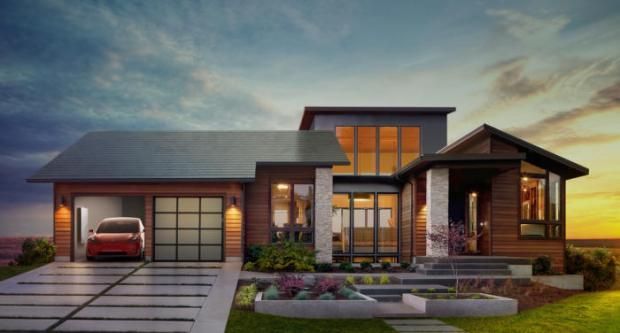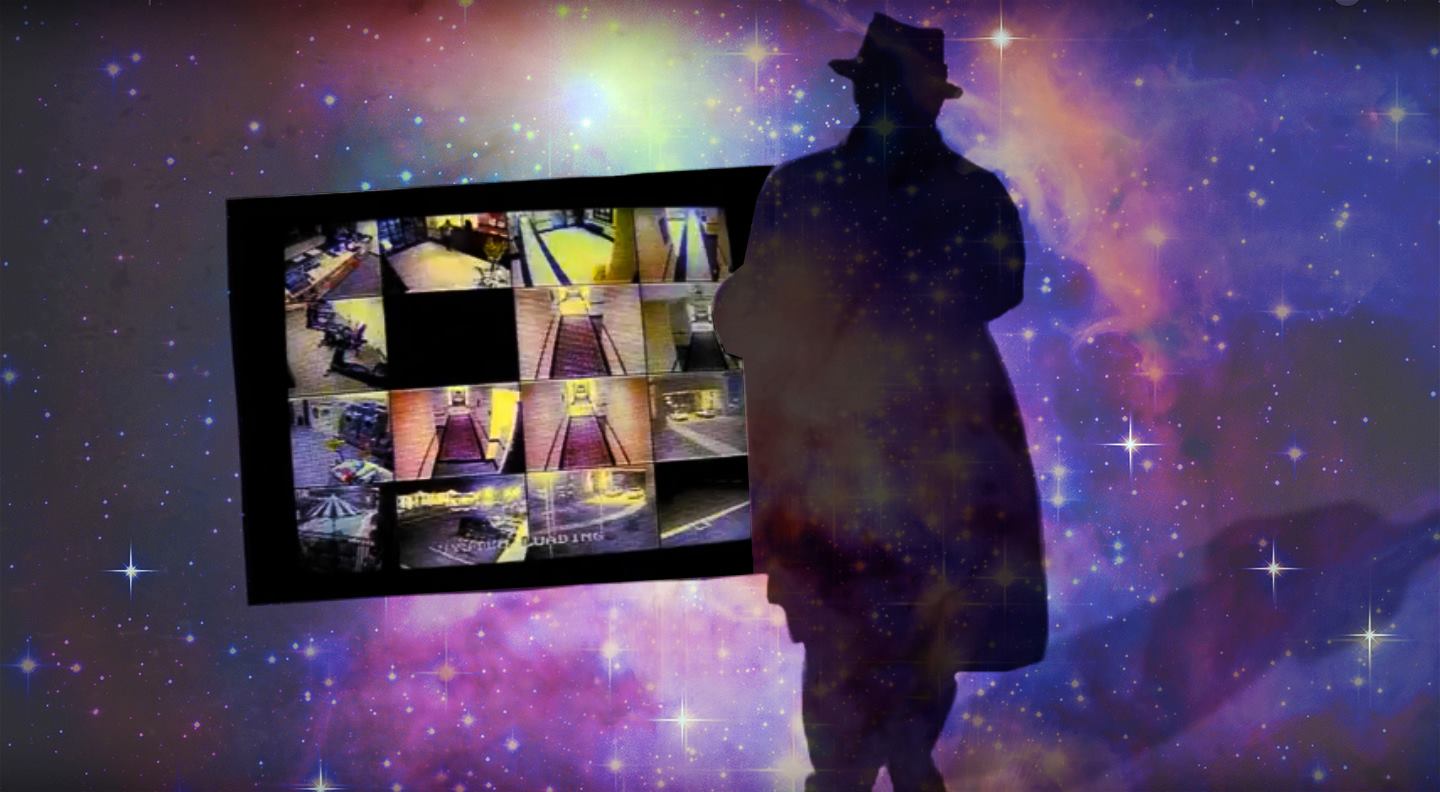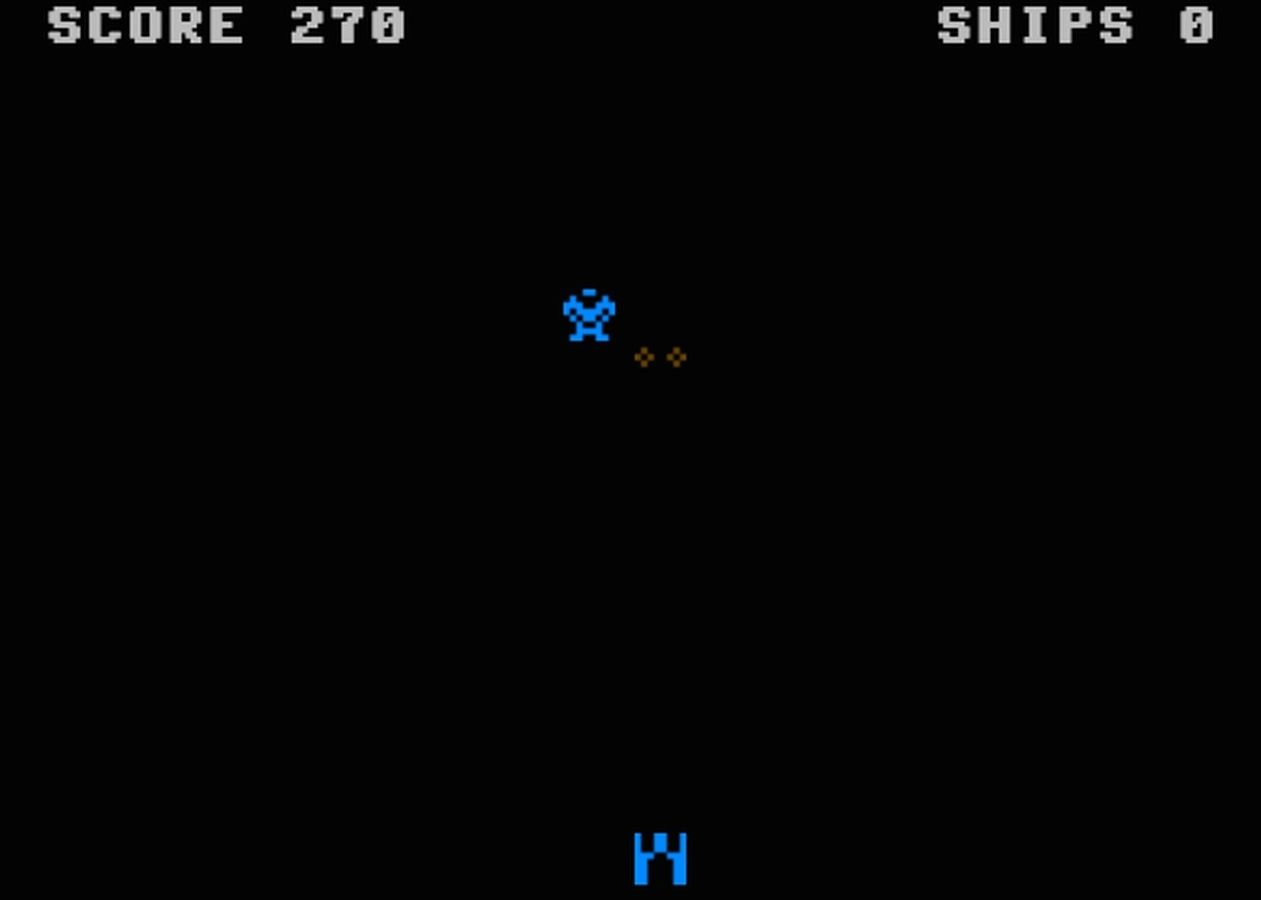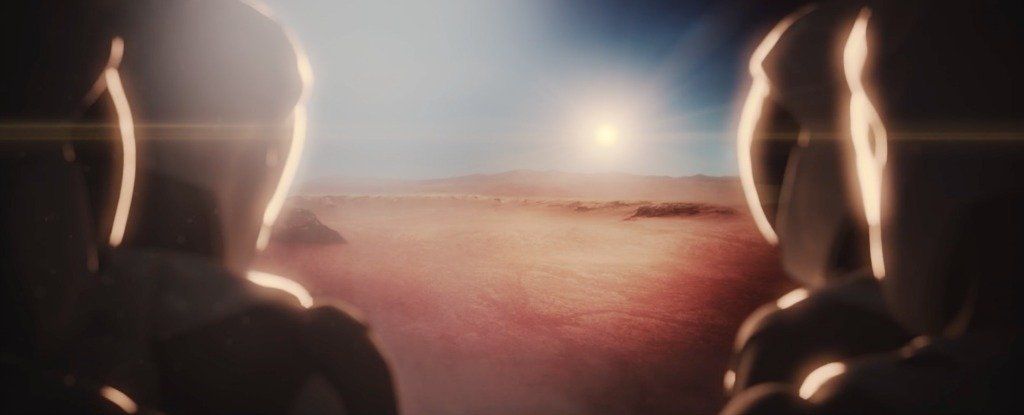We’re supposed to be building robots and AI for the good of humankind, but scientists at MIT have pretty much been doing the opposite — they’ve built a new kind of AI with the sole purpose of generating the most frightening images ever.
Just in time for Halloween, the aptly named Nightmare Machine uses an algorithm that ‘learns’ what humans find scary, sinister, or just downright unnerving, and generates images based on what it thinks will freak us out the most.
“There have been a rising number of intellectuals, including Elon Musk and Stephen Hawking, raising alarms about the potential threat of superintelligent AI on humanity,” one of the team, Pinar Yanardag Delul, told Digital Trends.





